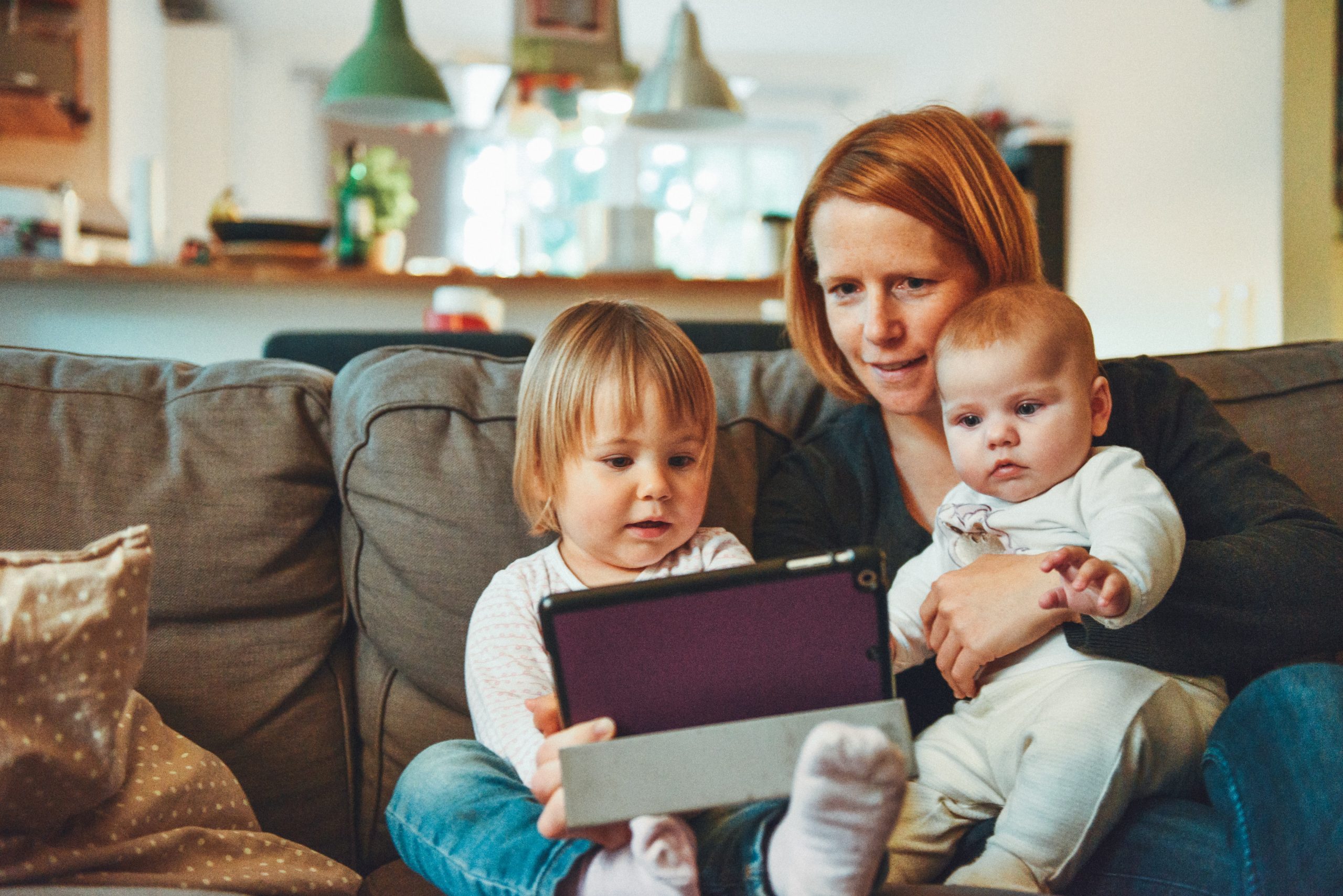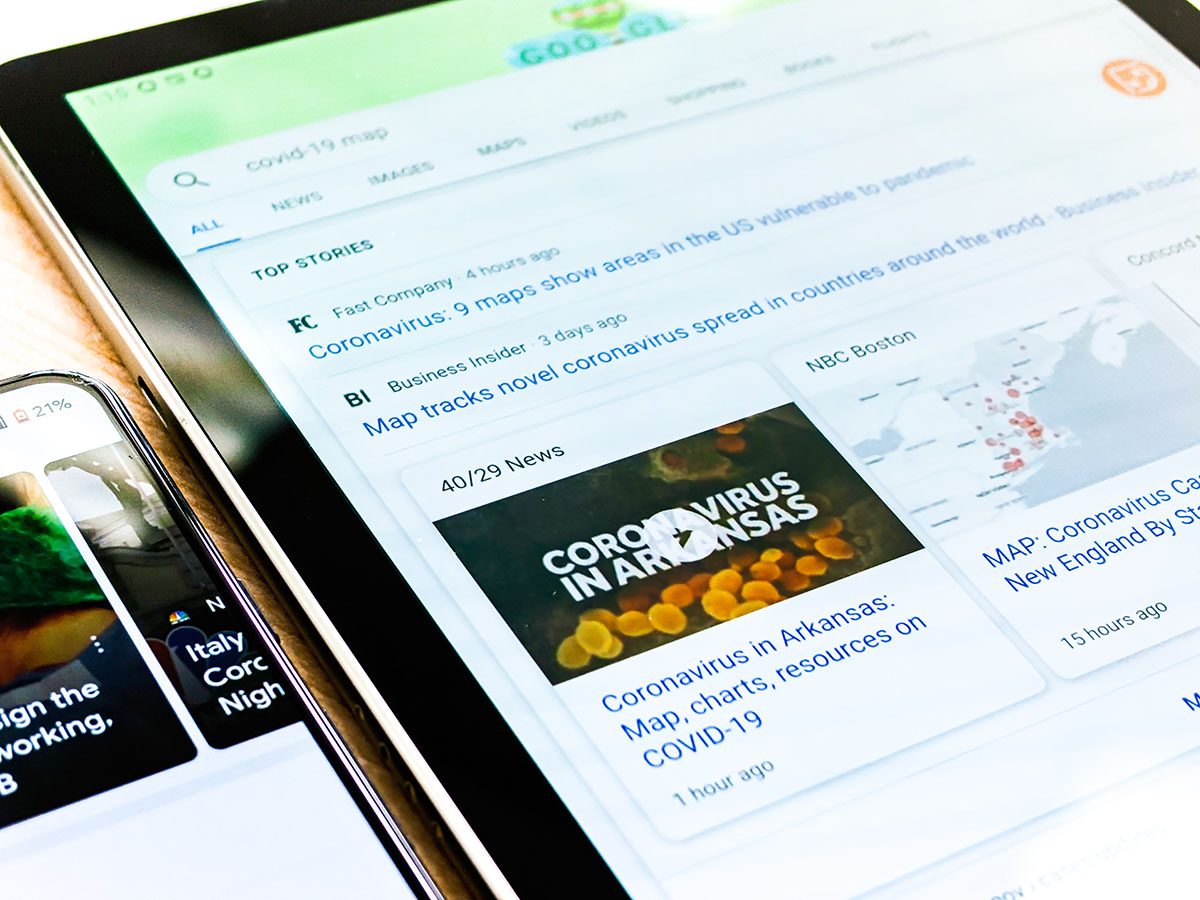
The Situation The U.S. Department of the Treasury has worked for years to move payments to and from the government from paper format to electronic, a new technology implemented primarily to save money but also for efficiency and security reasons. In the early 2000s it was focused on how to encourage the last 20 percent […]
The Artemis team has an extensive history with the financial services industry, helping organizations with their thought leadership, building brand identity, identifying and understanding target audiences, and addressing other market insight issues. We also track trends in the industry through our Motivations Assessment research. Our case studies give a sampling, showing How we worked with the […]

Some technological capabilities are introduced more because someone created them than because they fulfill a specific need. As computer and mobile capabilities become even more commonplace, which capabilities will work best for the unique needs of people in different segments of society?

Consumers use and expect technology tools to address the full range of their financial needs. These tools factor into our financial research that focuses on strategies to improve the financial literacy and balance sheets of all Americans.

As Americans are re-discovering ‘life before’ it’s obvious that many aspects are different from the way they were before 2020. A string of reports and anecdotes document changes in work, education, health, shopping and other behaviors.

In our latest Economic Outlook survey we found that, amid this year’s historic coronavirus pandemic, small businesses are adapting by making major changes to their operations.

Most people we talk with lately are longing for ways of connecting during the pandemic. Striving for a sense of connection is one of the key components in human motivation, and it may be increasing as a priority as we feel its absence. Connection is a key force with many nuances — it can include a sense of belonging, feeling close to family and friends and a range of other important ideas. The question is, for how long will this priority of connection have heightened importance? Will people change their long-term behavior as a result of how they’ve assessed their priorities during the pandemic?

Americans’ priorities and behaviors already are changing as a result of the COVID-19 pandemic. Many of these changes will continue and be long-lasting. The challenge for any forward-looking enterprise hoping to adapt properly is to begin developing a sense of what is most likely to happen.
While the pandemic and the response to it are unique in several ways, there are lessons to be learned from prior shocks to the system. Over the last decade, Artemis Strategy Group has studied how consumer behaviors and values have evolved and been influenced by the Great Recession of 2008/2009.
This commentary offers a few of those lessons from our analysis of the Great Recession, and an assessment of how these factors are likely to apply as the U.S. works through, and ultimately recovers from, the COVID-19 pandemic experience.

The Consumer Technology Association’s annual Consumer Electronics Show (CES 2020) spotlights the development path of new technologies aimed at making our living experience more fulfilling, exciting and sometimes safer. To that last point, digital health devices and wearables again were among the most active sectors at the show.







